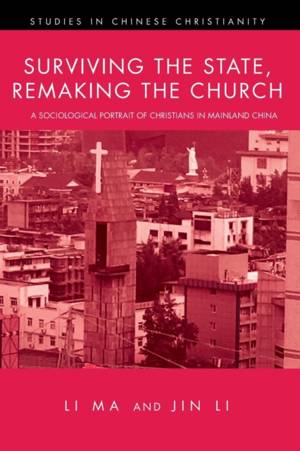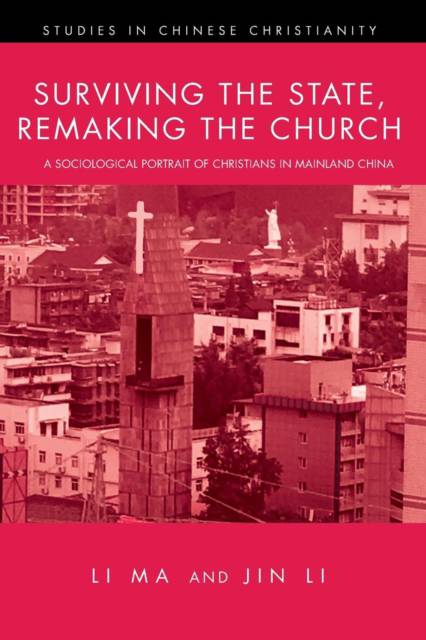
- Afhalen na 1 uur in een winkel met voorraad
- Gratis thuislevering in België vanaf € 30
- Ruim aanbod met 7 miljoen producten
- Afhalen na 1 uur in een winkel met voorraad
- Gratis thuislevering in België vanaf € 30
- Ruim aanbod met 7 miljoen producten
Zoeken
Omschrijving
This sociological portrait presents how Chinese Christians have coped with life under a hostile regime over a span of different historical periods, and how Christian churches as collective entities have been reshaped by ripples of social change. China's change from a centrally planned economy to a market economy, or from an agrarian society to an urbanizing society, are admittedly significant phenomena worthy of scholarly attention, but real changes are about values and beliefs that give rise to social structures over time. The growth of Christianity has become interwoven with the disintegration or emergence of Chinese cultural beliefs, political ideologies, and commercial values. Relying mainly on an oral history method for data collection, the authors allow the narratives of Chinese Christians to speak for themselves. Identifying the formative cultural elements, a sociohistorical analysis also helps to lay out a coherent understanding of the complexity of religious experiences for Christians in the Chinese world. This book also serves to bring back scholarly discussions on the habits of the heart as the condition that helps form identities and nurture social morality, whether individuals engage in private or public affairs.
Specificaties
Betrokkenen
- Auteur(s):
- Uitgeverij:
Inhoud
- Aantal bladzijden:
- 226
- Taal:
- Engels
- Reeks:
Eigenschappen
- Productcode (EAN):
- 9781532634604
- Verschijningsdatum:
- 11/12/2017
- Uitvoering:
- Paperback
- Formaat:
- Trade paperback (VS)
- Afmetingen:
- 152 mm x 229 mm
- Gewicht:
- 376 g

Alleen bij Standaard Boekhandel
+ 84 punten op je klantenkaart van Standaard Boekhandel
Beoordelingen
We publiceren alleen reviews die voldoen aan de voorwaarden voor reviews. Bekijk onze voorwaarden voor reviews.











